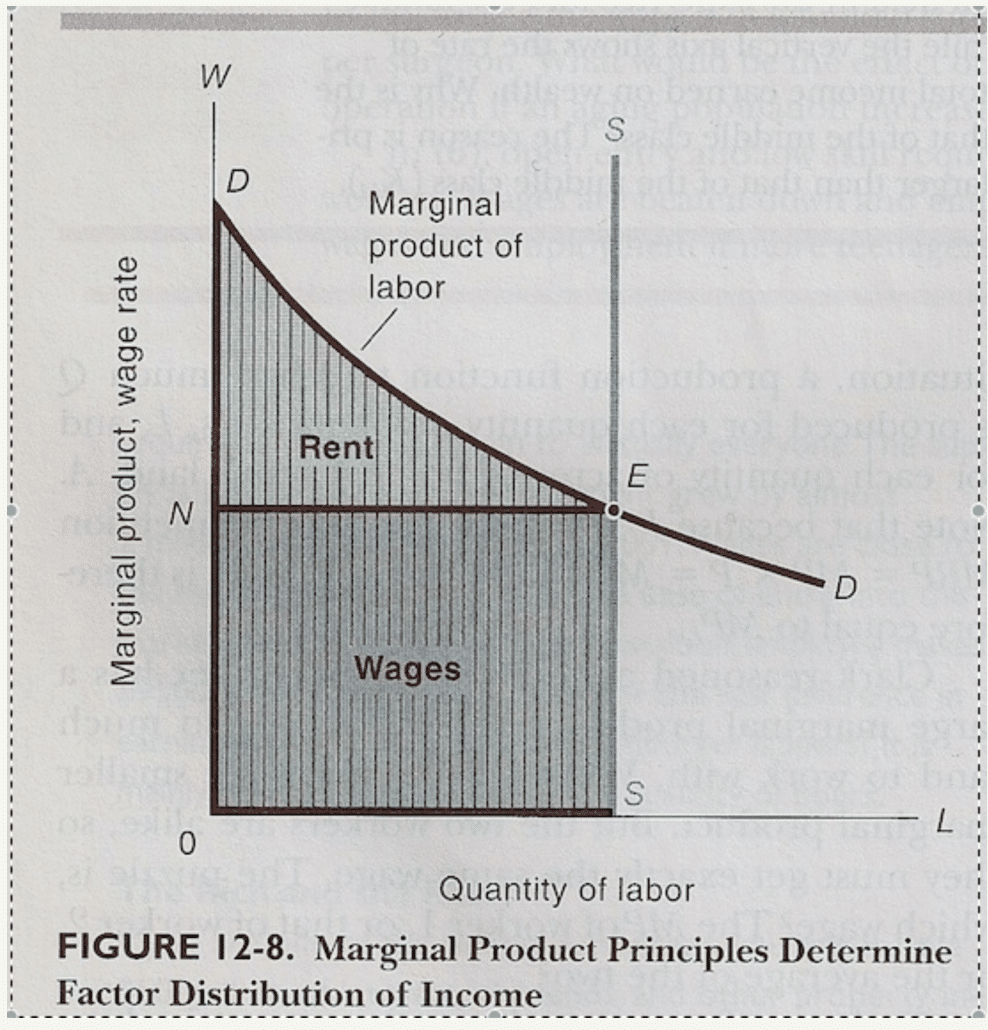
"As part of that campaign, they linked capitalism to democracy, so that if you didn't support their views of capitalism, if you even asked questions about it, you were a commie, an enemy of democracy. They became vocal advocates of the simple-minded economics we were all taught in high school and/or college, and spent massive sums to eradicate all alternatives."
"I've written extensively about this here at Emptywheel. Some of those posts don't hold up well, but all of them raise substantial questions about the economic theories underlying neoliberal capitalism. Search the site for Jevons, for example. The ideas that underlie marginal utility spring from the utilitarian philosophy of Jeremy Bentham. I hope we've all outgrown that. Of course, there may be some value in the simple models of Econ 101."
Concentrated wealth has historically opposed democracy out of fear that popular power would seize wealth and diminish elite influence. Wealthy interests linked capitalism to democracy to stigmatize critics as communists and to enforce simple, market-favoring economic doctrines through funding and influence. Standard economics education relies on simplified models like marginal utility rooted in utilitarian philosophy and textbooks such as Samuelson or Mankiw. Those models and ideas like trickle-down have limited empirical support and deserve rigorous scrutiny. Replacing simplistic Econ101 assumptions with frameworks closer to economic realities can inform strategies for holding the wealthy accountable.
Read at emptywheel
Unable to calculate read time
Collection
[
|
...
]